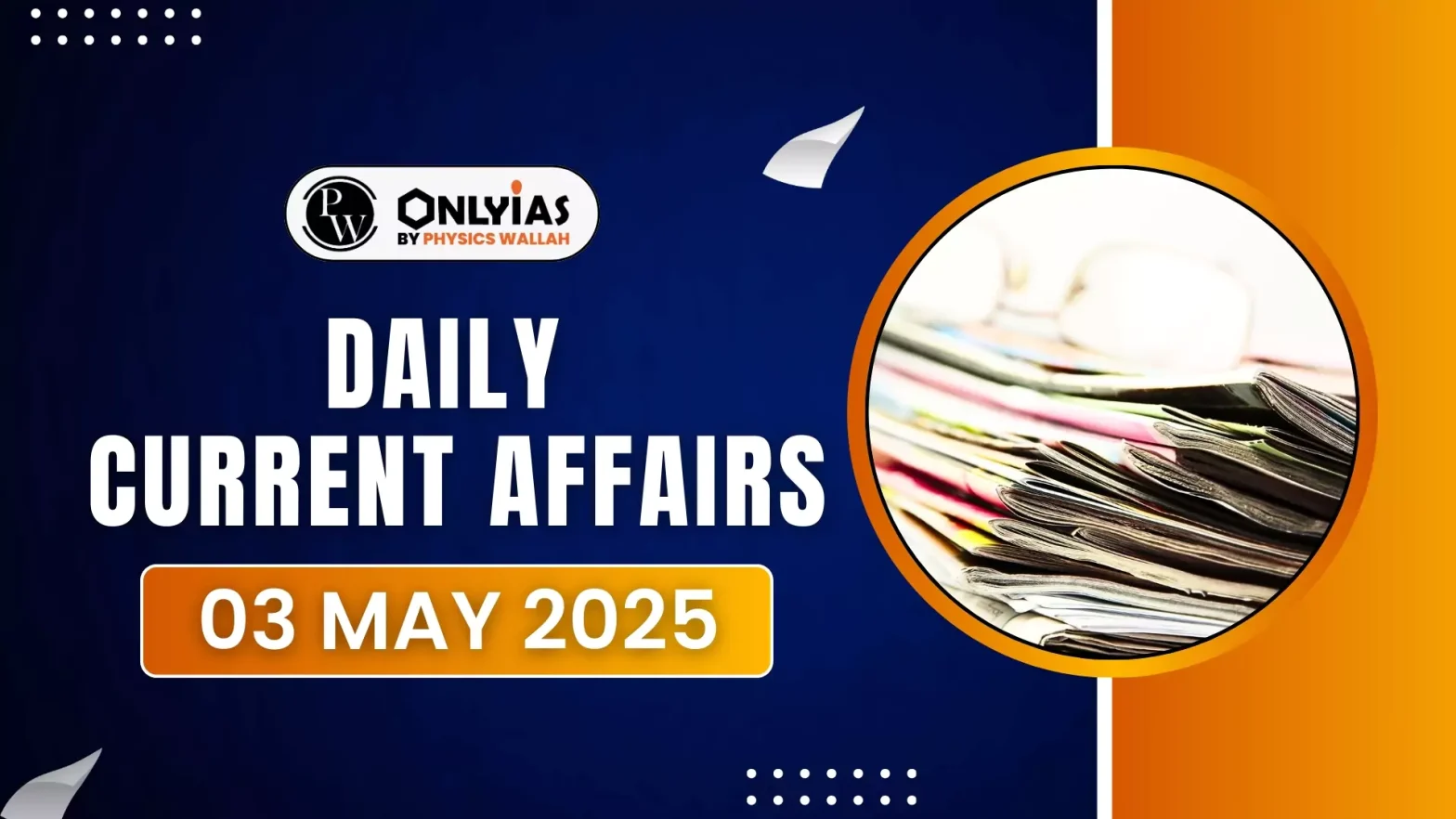Jharkhand has completed data collection on the population of Other Backward Classes (OBCs) from all districts to determine OBC quotas in the 48 urban local bodies (ULBs) across the state.
- This marks the first stage in implementing the “triple test” mandated by the Supreme Court to ensure constitutionally valid OBC reservation in local bodies.
What is the “Triple Test”?
It was outlined by the Supreme Court in the Vikas Kishanrao Gawali vs. State of Maharashtra (March 2021) judgment, the “triple test” lays down three conditions for OBC reservation in local bodies:
- Dedicated Commission: Set up a commission to conduct a rigorous empirical inquiry into the nature and extent of backwardness in local bodies.
- Reservation Proportion: Specify the proportion of reservation required based on the commission’s recommendations to avoid excessive or blanket quotas.
- 50% Cap: Ensure that aggregate reservation (SCs, STs, OBCs combined) does not exceed 50% of total seats, maintaining constitutional balance (as established in Indira Sawhney & Others vs. Union of India (1992).
Significance
- The triple test ensures that reservations are based on empirical evidence, social justice, and constitutional principles.
- It addresses concerns of equitable political representation for backward classes without breaching the 50% cap on reservations.
PWOnlyIAS Extra Edge: Indira Sawhney & Others vs. Union of India (1992).
- Also known as the Mandal Commission case.
- Challenged the implementation of 27% OBC reservation in central government jobs based on the recommendations of the Mandal Commission.
Key Supreme Court Judgments
- Reservation for OBCs is valid: The Court upheld the 27% reservation for OBCs under Article 16(4), provided it is based on social and educational backwardness, not just economic criteria.
- 50% Reservation Cap: The Court established that total reservations (SC + ST + OBC) should not exceed 50% to maintain the balance between affirmative action and merit.
- Exception: Extraordinary situations like in certain states (e.g., Tamil Nadu).
- No economic criteria alone: Economic backwardness alone cannot be a basis for reservation under Article 16(4); it must be tied to social and educational backwardness.
- Exclusion of creamy layer: Introduced the concept of the creamy layer, the advanced sections among OBCs who are economically well-off and socially forward should be excluded from reservation benefits.
|
Additional Reading: Reservation of Women in Legislature; Reservation in Private Sector
![]() 3 May 2025
3 May 2025
